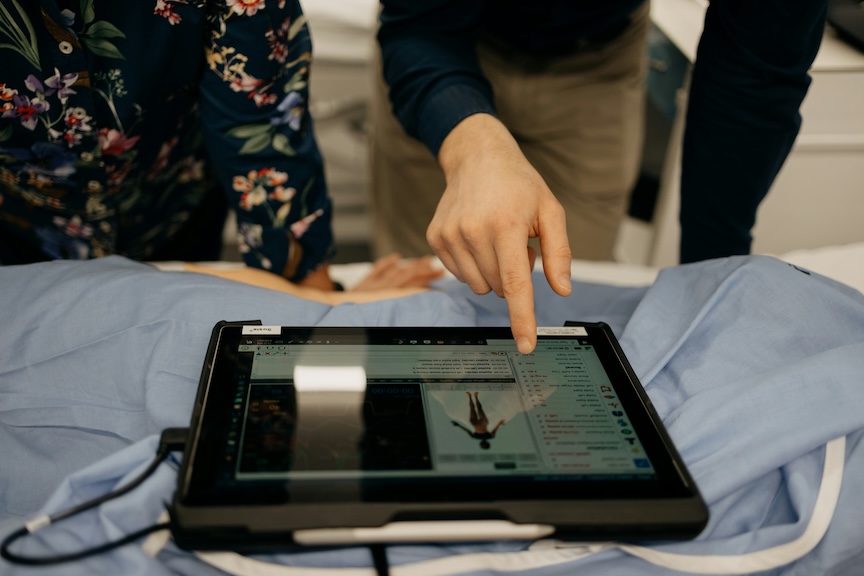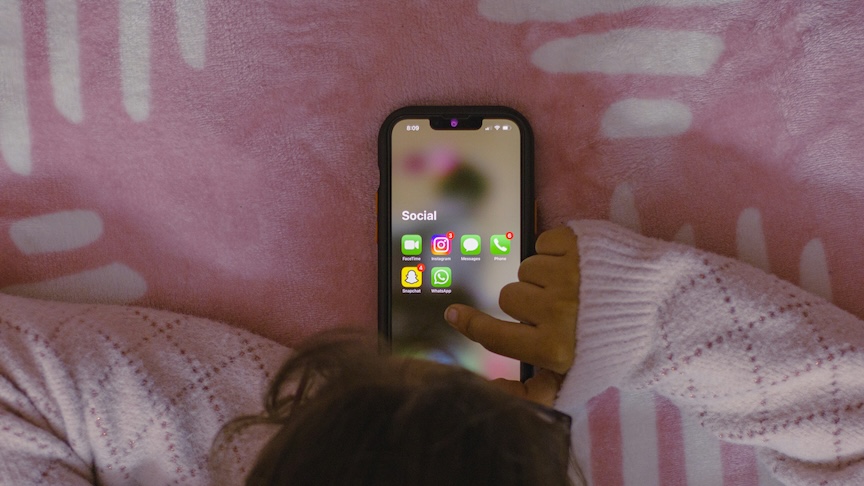[This article is based on information from the Healthline articles “Why Am I Pooping Blood (No Pain)?” and “Blood When I Wipe,” and aims to provide an overview of the topic. Please consult with a healthcare professional for personalized medical advice.]
Finding blood in your stool can be alarming, but it’s important to understand that not all causes are immediately serious, especially if you’re not experiencing pain. Let us explore the potential reasons for rectal bleeding without pain, how to manage it, and when it’s crucial to seek medical attention.
Common Causes of Rectal Bleeding Without Pain
Rectal bleeding without pain is often linked to relatively benign conditions that can be managed at home or with over-the-counter treatments.
- Hemorrhoids: These swollen veins in the rectum or anus are a frequent cause of painless rectal bleeding. Internal hemorrhoids, which develop inside the rectum, may not cause pain but can leak blood into the stool. External hemorrhoids can also cause bleeding.
- Symptoms: Itchiness around the anus, a burning sensation, discomfort inside your bowels, and swelling around your anus can indicate internal hemorrhoids.
- Anal Fissures: These small tears in the skin around the anus can bleed, though they may cause stinging or burning rather than sharp pain.
- Symptoms: Visible torn skin on the anus, anal swelling or skin growth, blood when you wipe, and itchiness or burning around your anus.
- Polyps: These growths in the colon can bleed without causing pain. While most polyps are harmless, some can become cancerous if left untreated.
READ: Alternative Therapies To Ease Cancer Symptoms
More Serious Causes
While less common, rectal bleeding without pain can sometimes indicate a more serious underlying condition.
- Colorectal cancer (CRC): Polyps known as adenomas can develop into colorectal cancer, as cancer cells use blood vessels from your intestines to multiply. Blood from cancerous tumors can appear in your stool.
- Inflammatory bowel disease (IBD): Conditions like ulcerative colitis and Crohn’s disease can cause inflammation and bleeding in the digestive tract. IBD doesn’t consistently cause pain, but swelling can cause blockages of stool that injure tissue in your intestines and rectum as they pass through.
Clues from Blood Color
The color of the blood can provide clues about the source of the bleeding:
- Bright red: Suggests the source is low in the digestive tract, likely near the rectum or anus (e.g., hemorrhoids or anal fissures).
- Maroon or dark red: Indicates the bleeding is higher in the colon or even from the small intestine.
- Black and tar-like: May point to a health concern in the stomach, like a stomach ulcer.
READ: Lower Your Cancer Risk Today — Simple Steps to Take
When to Seek Medical Attention
It’s important to consult a doctor if you experience any of the following symptoms along with rectal bleeding:
- Severe pain in your abdomen after noticing blood in your poop, especially if the pain happens suddenly.
- Dizziness
- Constant feeling of pressure on your rectum
- Chills or fever
- Nausea or vomiting without an obvious cause
- Constipation
- Diarrhea
- Increased heart rate
- Trouble peeing
- Loss of consciousness
Diagnosis
A doctor may perform the following tests to determine the cause of rectal bleeding:
- Physical examination to look for other possible causes
- Blood test to look for substances in the blood that indicate underlying causes
- Stool sample for experts to analyze in a lab to find bacteria or other substances
- Gastroscopy to look for stomach bleeding
- Sigmoidoscopy to look at your rectum and lower colon
- Colonoscopy to look for internal hemorrhoids or other causes
IF THERE’S BLOOD IN YOUR POOP, YOU NEED TO LOG YOUR OBSERVATIONS HERE.
Managing Rectal Bleeding at Home
If you’re experiencing rectal bleeding without significant pain, here are some steps you can take to manage it:
- Move around or get up at least once an hour to reduce pressure on your lower body from sitting.
- Use ointments or creams to treat hemorrhoids and fissures.
- Don’t strain when you poop, as this can cause hemorrhoids or fissures.
- Drink water to promote digestion and help keep your stool easier to pass.
- Eat more fiber to improve digestion.
While pooping blood without pain isn’t always a cause for immediate alarm, it’s essential to monitor the situation and seek medical advice if the bleeding persists or if you develop other concerning symptoms. Early diagnosis and treatment can help prevent more serious complications.
Sources:
- Reasons for Blood in Your Stool (Rectal Bleeding) Without Pain, healthline (7 February 2023)
- What Causes Blood in the Stool?, healthline (30 June 2025)
Photo by Madison Oren on Unsplash
DISCLAIMER
This article provides general information and does not constitute medical advice. Consult your healthcare provider for personalized recommendations. If symptoms persist, consult your doctor.







